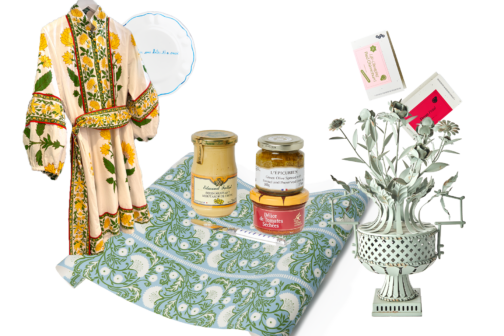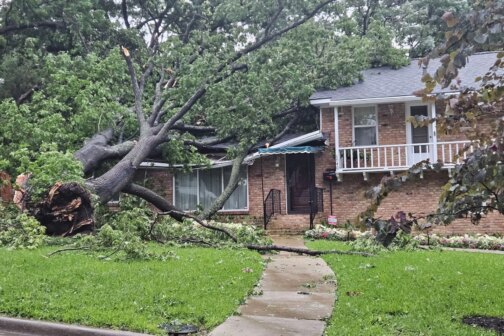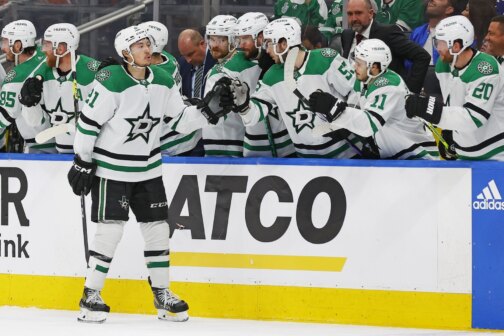A report by an independent advisory commission is pressuring Congress to encourage prescribing generic drugs under its prescription drug program and boost payer incentives for negotiating cheaper prices with the manufacturers.
NPR reports on the Medicare Payment Advisory Commission report, which pointed to a 60 percent spike in Medicare Part D spending from 2007 to 2014 as being primarily caused by high drug costs. The commission wants Congress to slash copayments for generics, establish an out-of-pocket spending cap that wouldn’t be affected by manufacturer discounts, and mandate that payers put forth 80 percent of drug costs after patients hit their out-of-pocket max. Currently, that’s at 15 percent.
But, as NPR notes, the recommendations will likely fall on deaf ears this year because of the election. Nevertheless, patient advocates like the idea of nixing or lessening copays and reportedly agree in theory about the spending cap. The tricky part is whether the moves would expand the so-called “doughnut hole,” which is a coverage gap that patients and their insurers fall into once their drug spending hits a certain amount.
Obamacare aims to shorten this period by allowing drug makers to provide those discounts, which wouldn’t be counted against the out-of-pocket limit if the commission’s plans go through. From NPR:
“This year, the discount is 50 percent of the cost of the drug. Even though enrollees are not paying that discounted amount out of their own pockets, the ACA allowed the dollar value to count toward the $4,850 threshold for catastrophic coverage to begin. Since the ACA took effect, the number of Medicare Part D enrollees who reach the catastrophic coverage level has grown from 400,000 in 2010 to 700,000 by 2013, according to MedPAC. That shift costs Medicare and taxpayers more because the program pays 80 percent of the costs for drugs after enrollees go through the coverage gap.
Under the commission’s proposal, enrollees would no longer be allowed to count those drugmaker discounts toward the total, meaning it would take longer to hit the out-of-pocket cap. Indeed, about half of enrollees might not reach the threshold in a given year and not benefit from the 100 percent coverage, the report notes.”





